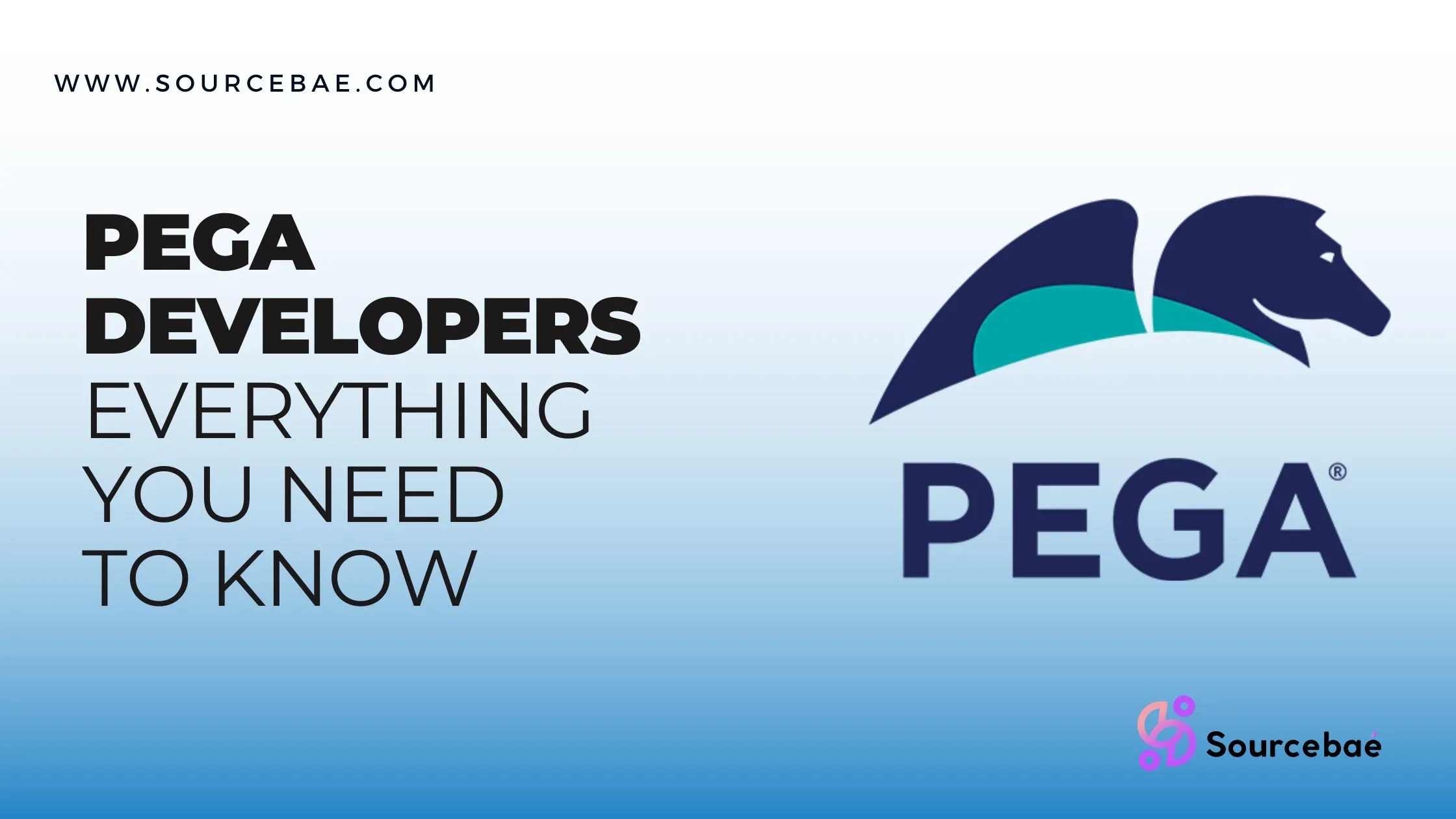30 Most Popular NPM Packages for Node JS Developers

In this article, we will explore the 30 most popular NPM packages for Node.js developers. Whether you’re a seasoned Node.js pro or just starting, these packages are essential tools to have in your toolkit. From handling HTTP requests to managing databases and authentication, we’ve got you covered!
1. Express.js: Building Web Applications Made Easy
Express.js is a fast and minimalist web application framework for Node.js. It simplifies the process of building robust web applications by providing essential features and functionalities. With a rich set of HTTP utility methods and middleware support, Express.js allows developers to create APIs, web apps, and more with ease.
2. Lodash: The Swiss Army Knife of Utility Libraries
Lodash is a comprehensive utility library that provides a wide array of functions to work with arrays, objects, strings, and more. It optimizes performance and enhances the development process by offering consistent and well-documented APIs.
3. Axios: Making HTTP Requests a Breeze
Axios is a popular promise-based HTTP client that simplifies making HTTP requests from Node.js. Its easy-to-use syntax and support for interceptors make it a favorite among developers for handling asynchronous communication.
4. Moment.js: Handling Dates and Times Effortlessly
Moment.js is a versatile library for parsing, validating, manipulating, and formatting dates and times in JavaScript. It simplifies complex date operations and provides localization support for global applications.
5. Bcrypt.js: Safeguarding Passwords with Hashing
Bcrypt.js is a JavaScript implementation of the bcrypt hashing algorithm. It is widely used for securely hashing passwords, ensuring that sensitive user information remains safe from unauthorized access.
6. Morgan: Logging Made Simple
Morgan is a popular HTTP request logger middleware for Node.js. It provides detailed request logging, helping developers debug and monitor incoming requests efficiently.
7. Socket.IO: Real-Time Bidirectional Event-Based Communication
Socket.IO enables real-time bidirectional event-based communication between clients and servers. It is perfect for building applications that require instant updates, such as chat apps and collaborative tools.
8. Mongoose: Elegant MongoDB Object Modeling
Mongoose is an elegant MongoDB object modeling tool designed to work in an asynchronous environment. It simplifies interactions with MongoDB databases by providing a schema-based solution.
9. Nodemailer: Sending Emails with Ease
Nodemailer is a feature-rich library that simplifies sending emails from Node.js applications. It supports various transports and provides a straightforward API for email integration.
10. Passport.js: Simple and Flexible Authentication
Passport.js is a widely-used authentication middleware for Node.js. It supports various authentication strategies, making it easy to integrate with different providers like Google, Facebook, and Twitter.
11. Morgan vs. Winston: Choosing the Right Logger
A comparison between Morgan and Winston loggers, helping you choose the right one for your specific use case.
12. Cheerio: Powerful Web Scraping in Node.js
Cheerio is a fast and flexible library that allows you to traverse and manipulate HTML documents with ease. It is an excellent choice for web scraping projects.
13. Webpack: Bundling JavaScript Like a Pro
Webpack is a popular bundler for JavaScript applications. It optimizes and bundles your code, making it ready for deployment in production environments.
14. React: Building Dynamic User Interfaces
A comprehensive guide to using React, a powerful library for building interactive and dynamic user interfaces.
15. Body-parser: Parsing HTTP Request Bodies
Body-parser is a middleware for parsing HTTP request bodies in Node.js. It supports JSON, raw, text, and URL-encoded form data.
16. NPM vs. Yarn: A Package Manager Comparison
A detailed comparison of NPM and Yarn, the two most popular package managers for Node.js.
17. ESLint: Enforcing Code Quality and Style
ESLint is a widely-used tool for identifying and fixing problems in your JavaScript code. It enforces coding standards and helps maintain code quality.
18. Underscore.js: A Powerful Functional Programming Library
Underscore.js is a utility library that provides functional programming support for JavaScript. It includes over 100 functions for arrays, collections, objects, and more.
19. PM2: Process Management for Node.js
PM2 is a production process manager for Node.js applications. It simplifies process management and enhances application reliability.
20. Async: Managing Asynchronous Operations
Async is a utility library that simplifies asynchronous programming in Node.js. It provides powerful functions for handling async operations efficiently.
21. GraphQL: A Query Language for APIs
GraphQL is a powerful query language for APIs, enabling clients to request exactly the data they need and nothing more.
22. Chalk: Adding Colors to Your Terminal
Chalk is a library for adding color to terminal text. It makes logging and debugging in the terminal more visually appealing.
23. Redis: In-Memory Data Store
Redis is an in-memory data store that supports various data structures, making it perfect for caching and session storage.
24. Request-Promise: Simplifying HTTP Requests
Request-Promise is a simplified HTTP client for Node.js that supports promises, making async request handling more straightforward.
25. Sequelize: Powerful ORM for Node.js
Sequelize is a powerful ORM (Object-Relational Mapping) library for Node.js. It simplifies database interactions by abstracting SQL queries.
FAQs
Q: What are NPM packages?
NPM packages are reusable modules of code that developers can use in their Node.js projects to add specific functionalities or features.
Q: How do I install an NPM package?
To install an NPM package, you can use the following command in your Node.js project directory:
npm install package-name
Q: Can I create my own NPM packages?
Yes, you can create your own NPM packages and publish them to the NPM registry for others to use.
Q: How do I update NPM packages to their latest versions?
You can update NPM packages in your project by running the following command:
npm update
Q: What is the difference between global and local NPM packages?
Global NPM packages are installed globally on your system and can be accessed from any directory. Local NPM packages are installed in your project directory and are specific to that project.
Q: How do I uninstall an NPM package?
To uninstall an NPM package from your project, you can use the following command:
npm uninstall package-name
Conclusion
The Node Package Manager (NPM) ecosystem offers a vast array of packages that can significantly boost your productivity and efficiency as a Node.js developer. From Express.js for building web applications to Passport.js for authentication, each package serves a unique purpose.




